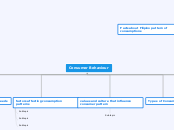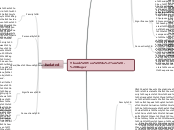par Hillary Boehm-Edwards Il y a 6 années
267
HSP 3U/CP
The content outlines a comprehensive curriculum for an anthropology and sociology course, divided into distinct units. The anthropology unit covers human behavior and culture, examining factors like infrastructure, structure, and superstructure.









